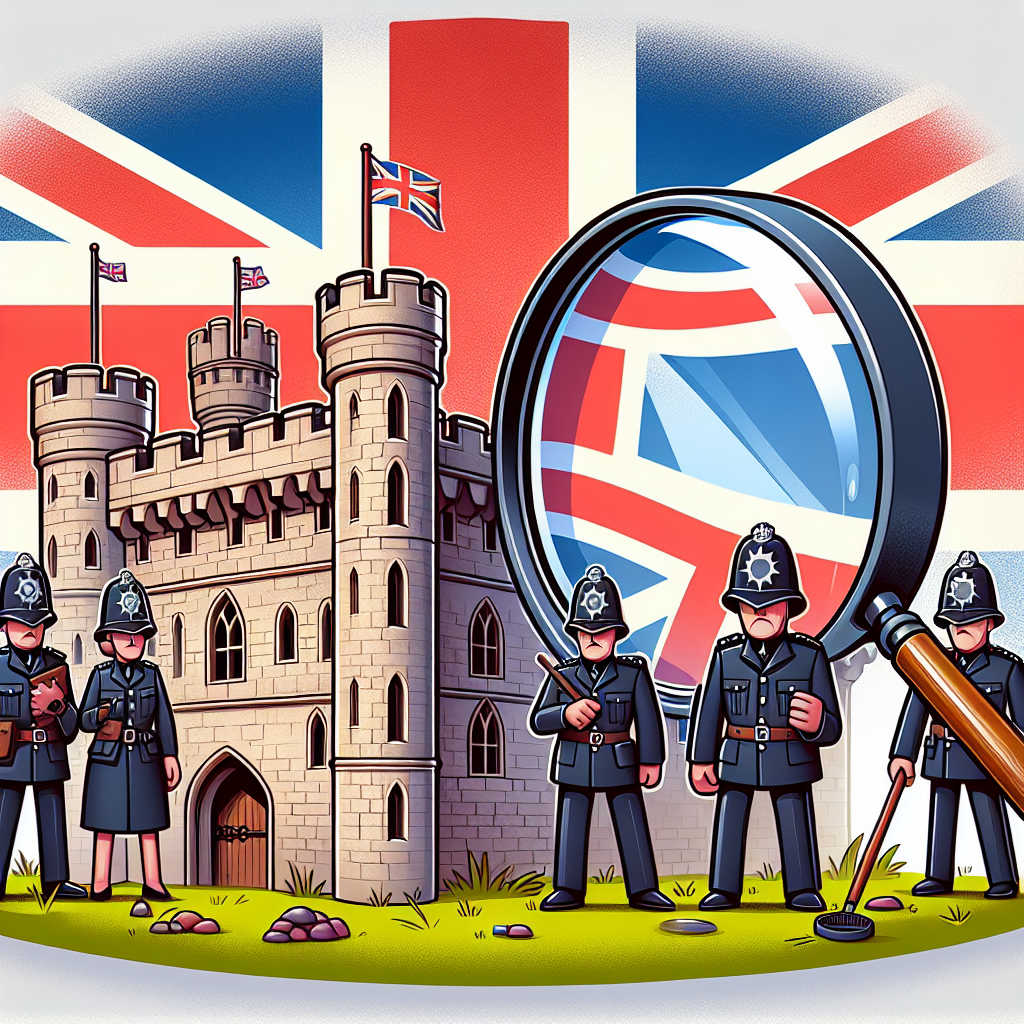Britain's Controversial Push to Expand Police Protest Powers Revived
Britain has renewed its efforts to grant police more authority over street protests, a move criticized by civil rights group Liberty. London's High Court previously ruled such changes unlawful. The new government decided to appeal the ruling despite Liberty's disapproval, arguing it undermines the right to protest.

- Country:
- United Kingdom
Britain has renewed its efforts to grant police more authority over street protests, drawing criticism from civil rights group Liberty. The group successfully challenged similar changes made by the previous Conservative government, with London's High Court ruling in May that the government had exceeded its powers by lowering the threshold for police to impose conditions.
After Labour won the parliamentary election, the interior ministry delayed its appeal against the ruling to hold talks with Liberty. However, the new government has decided to proceed with the appeal, a move Liberty director Akiko Hart described as disappointing.
A spokesperson for the interior ministry emphasized that public order legislation must balance the right to protest. Despite this, the spokesperson said, "we disagree with the court's ruling in this case and have appealed their decision."
Liberty's case centers on the Public Order Act, which permits police to impose conditions on protests that cause "serious disruption to the life of the community". Last year's amendment to the law broadened this to include "more than minor" disruption, a change Liberty argues grants police nearly unlimited power to shut down protests. The group pointed to the arrest of Swedish climate activist Greta Thunberg in Britain as an example, though Thunberg was later acquitted.
The High Court ruled these new powers unlawful but suspended the decision pending appeal.
(With inputs from agencies.)
ALSO READ
High Court Halts Controversial Demolition in Nagpur
Karnataka High Court Takes Contempt Action Against Top Officials
Indian Stock Market Ends Flat Amid Volatile Trade; SEBI Boosts P-Note Disclosure Threshold
Delhi High Court Reserves Order on Engineer Rashid's Custody Plea for Parliament
High Court Dismisses BFI's Appeal Against Anurag Thakur's Poll Eligibility










